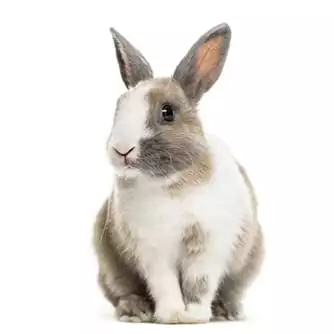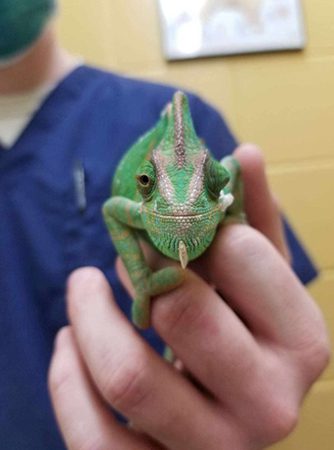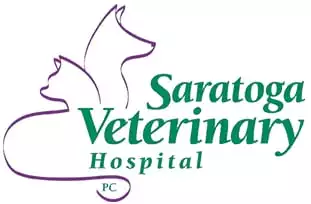Exotic Vet Care for Unique Pets in Wilton, NY
Every pet deserves top-notch care to keep them healthy and help them get well when they’re sick. At Saratoga Veterinary Hospital, we offer exotic vet care through our bird, small mammal, and reptile veterinarian, Dr. Steeves, in Wilton, NY. Dr. Steeves has a special interest in exotic pets and has extensive experience in their care. Whether your pet is healthy and is due for a wellness visit, or is a little green around the gills, we can offer the care they need to help them feel their best! Call us at (518) 587-3832 today to set up your exotic vet consultation.



The Importance of Wellness Care for Exotics
Exotic pets have a lot of different needs than cats and dogs, but one thing remains the same: wellness exams are essential for their long-term health. Birds, small mammals, and reptiles are masters at hiding illness because many of them are considered prey animals in the wild. Many of these pets still have a very strong survival instinct, despite living in the comfort of our homes, and will deliberately hide signs of illness. That is, however, until the disease is so far progressed that they can’t hide it. This is why wellness care for exotic pets is so important. With consistent veterinary care, we can help you keep your bird, rabbit, pocket pet, or reptile healthy for years to come.

Services We Perform for Exotics
Services we offer for exotic pets include:
- Wellness exams
- Beak and nail trims for birds
- Nail trims for small mammals and some reptiles
- Blood work
- Spays and neuters for rabbits
- Distemper and rabies vaccines for ferrets
- Avian sexing
Special Care for Special Pets
Avian and exotic animal care requires special attention to their natural instincts and needs. In order for exotic pets to stay healthy, their environment and diet must match as closely as possible to their natural habitat and diet in the wild. Additionally, how exotic pets are handled is incredibly important for the safety of the animal and your human family.
What We Cover in Exotic Pet Visits
When you bring your pet in for a sick or well exam, we’ll go over their unique needs by covering the following:
Habitat
Your pet’s home habitat should match as closely as possible with their natural environment. For instance, reptiles often require UV light in order to keep warm and to stimulate their metabolic process. A UV light should only cover part of their enclosure so they also have a cooler place to go before they get overheated.
Diet
Your pet’s diet needs to be nutritionally similar to their diet in the wild. For birds, their natural diet includes a mixture of berries, seeds, nuts, and insects, but in captivity it is best to feed them a pelleted diet that meets their nutritional needs. Seeds should only be fed as a treat! Rabbits require primarily hay, as well as some leafy greens and vegetables. Reptiles on the other hand may eat a large herbivore diet, or carnivore diet depending on their species.
Socialization
Not all animals are social butterflies! Many reptiles are actually happier on their own, rather than with a companion of the same species. Yet, rabbits and birds, on the other hand, are much more content and stress-free if they have a friend or two to keep them company!
Handling
Some animals are better off if they are handled minimally. This normally includes reptiles, but some, like the bearded dragon, are actually quite friendly! Rabbits and pocket pets, too, can be quite cuddly with their owners, but always make sure to limit your time handling them in order to avoid stressing them out. Birds, as well, appreciate mental stimulation from their owners, so playing with them and teaching them tricks is a great way to bond with your bird. Be aware, however, about how you pet and handle your bird. Some birds can develop unnaturally strong bonds with their owners, which can result in aggression towards other people!
For more information about feeding, socializing, and handling your exotic pets, ask us for more advice by calling (518) 587-3832!


